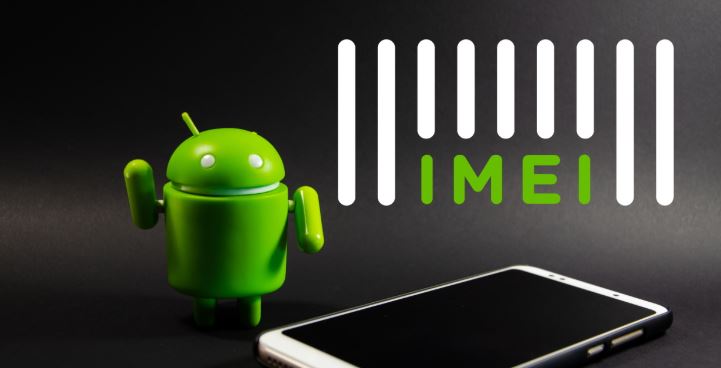The IMEI (International Mobile Equipment Identity) is a unique number assigned to every mobile device. It helps identify the device on cellular networks and is crucial for security, tracking, and theft prevention. While some people may consider changing an IMEI number for privacy or unlocking purposes, the legality of this action varies—and in many places, it’s strictly prohibited.
What Is an IMEI Number?
-
A 15-digit unique identifier for mobile devices.
-
Used by carriers to verify device authenticity.
-
Helps block stolen devices from accessing networks.
Why Do People Change IMEI Numbers?
-
To bypass carrier restrictions.
-
To avoid blacklisting of stolen devices.
-
To protect privacy (although this is often unnecessary).
Legal Status of Changing IMEI Numbers
-
Illegal in Many Countries: In places like the UK, USA, India, and Australia, altering an IMEI is a criminal offense that can lead to fines or imprisonment.
-
Legal Exceptions: Rarely, authorized technicians may update an IMEI for repairs or device replacement—but only with official approval.
-
Grey Areas: Some regions have no explicit laws, but tampering may still violate telecom regulations.

Why Changing Your IMEI Is Risky
-
Can result in legal prosecution.
-
May void your phone’s warranty.
-
Might make your phone unusable on certain networks.
-
Can harm resale value and trust.
Safer Alternatives
-
Contact your carrier to resolve network or blacklist issues.
-
Use official unlocking services.
-
Enable strong privacy settings instead of altering hardware identifiers.
Key Takeaway
In most countries, changing your IMEI number is illegal unless done by authorized parties for legitimate purposes. Always check your local laws before considering it, and explore legal alternatives for any issues with your device.